How once trailblazers Blackburn Rovers changed the game to pave way for Chelsea's and Manchester City's success
Walker's appointment of Kenny Dalglish as manager, 25 years ago this Wednesday, signalled the arrival of the Premier League's 'money is no object' owners
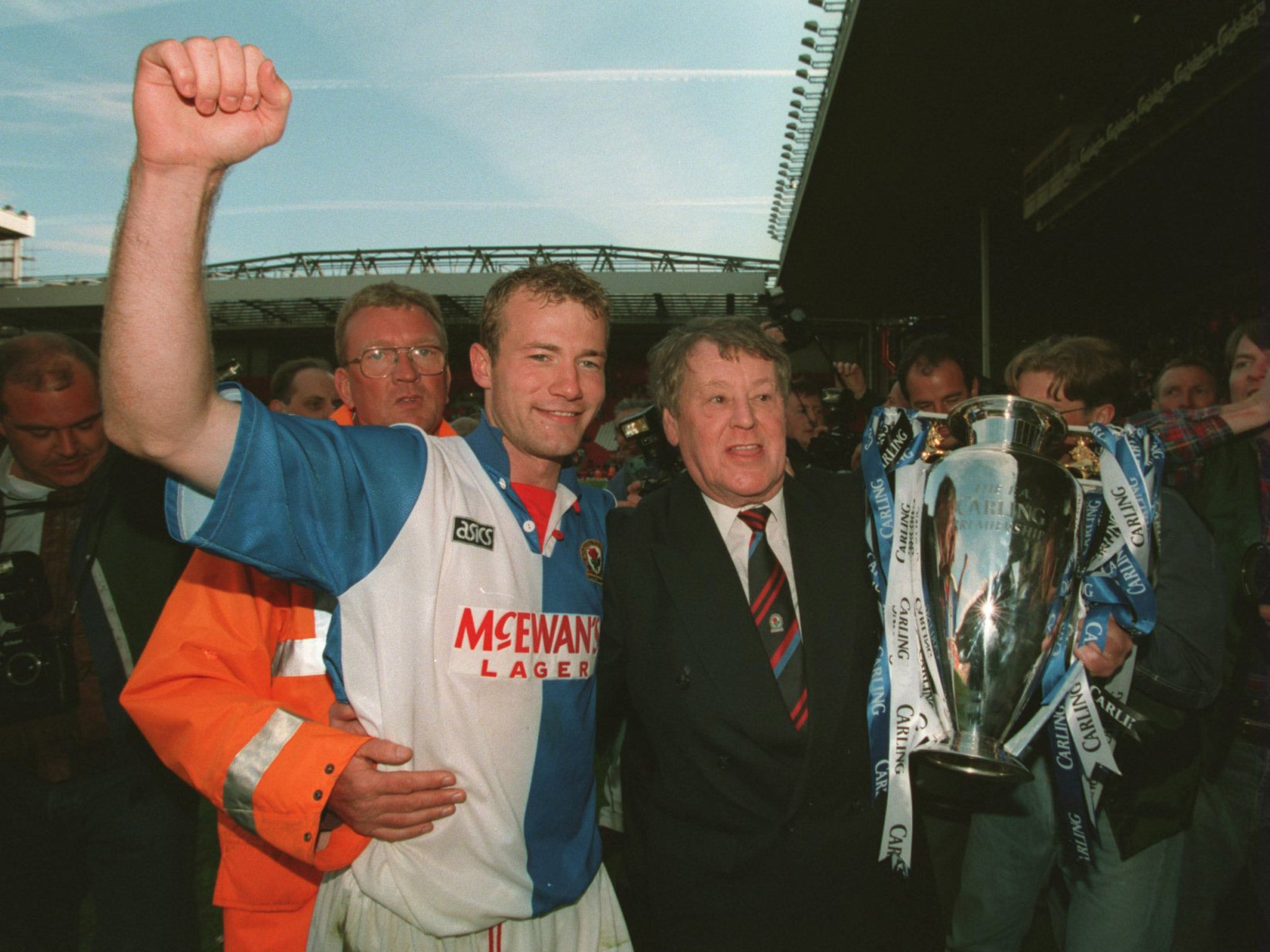
It may well pass virtually unnoticed, but Wednesday 12 October marks the 25th anniversary of the day that English football changed forever.
The fact that the significant event happened in a cramped room inside a crumbling Second Division stadium in a declining Lancashire mill town makes it is even more remarkable 25 years on, but when Jack Walker unveiled Kenny Dalglish as the new manager of Blackburn Rovers, a blueprint was laid which has since transformed the landscape of the game, not only in this country, but across the globe.
The bitter irony for Blackburn, currently languishing in the Championship relegation zone, is that they now appear to be being devoured by the monster that they created, with the club suffering at the hands of one of those foreign investors tempted into the English game by the prospect of enjoying the same success and profile which Walker earned as football’s first ‘money is no object’ benefactor.
Walker, the definition of a local boy made good, was worth £300m when he kicked off his own version of fantasy football in 1991 by investing the proceeds of the sale of his Blackburn-based steel company to revive the fortunes of one of English football’s most historic clubs.
Prior to Walker, no football club owner had been quite so passionately ambitious about their team. Here was a man living the dream, pumping his fortune into the club he had supported as a boy.
Walker, not one for grand public statements, had claimed that his ambition was to make Manchester United look ‘cheap’ by bank-rolling Blackburn all the way back to the summit of the game for the first time since winning the Football League Championship in 1913-14.
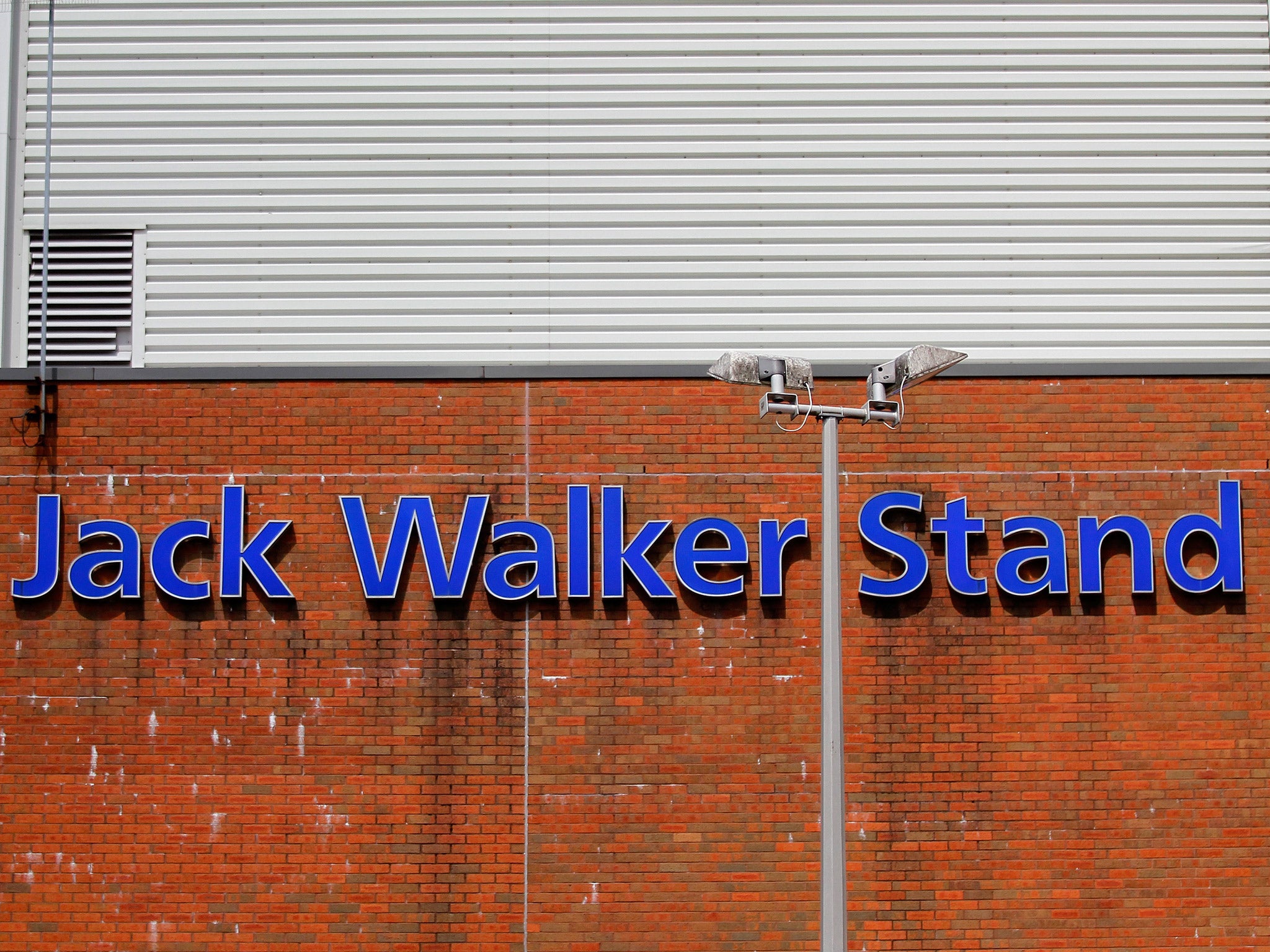
Nobody believed him, of course, until Dalglish walked through the doors of Ewood Park on October 12, 1991, to give his grand plan the ultimate credibility.
Dalglish, the most successful manager in the English game at the time, looked to have been lost to management after leaving Liverpool eight months earlier due to the demands of the job and the psychological strain of the Hillsborough disaster, but Walker had tempted him back.
Three months earlier, Blackburn had attempted to lure England captain Gary Lineker from Tottenham to become their Pied Piper, but the move was greeted with incredulity and a threat to report Rovers to the Football Association for bringing the game into disrepute.
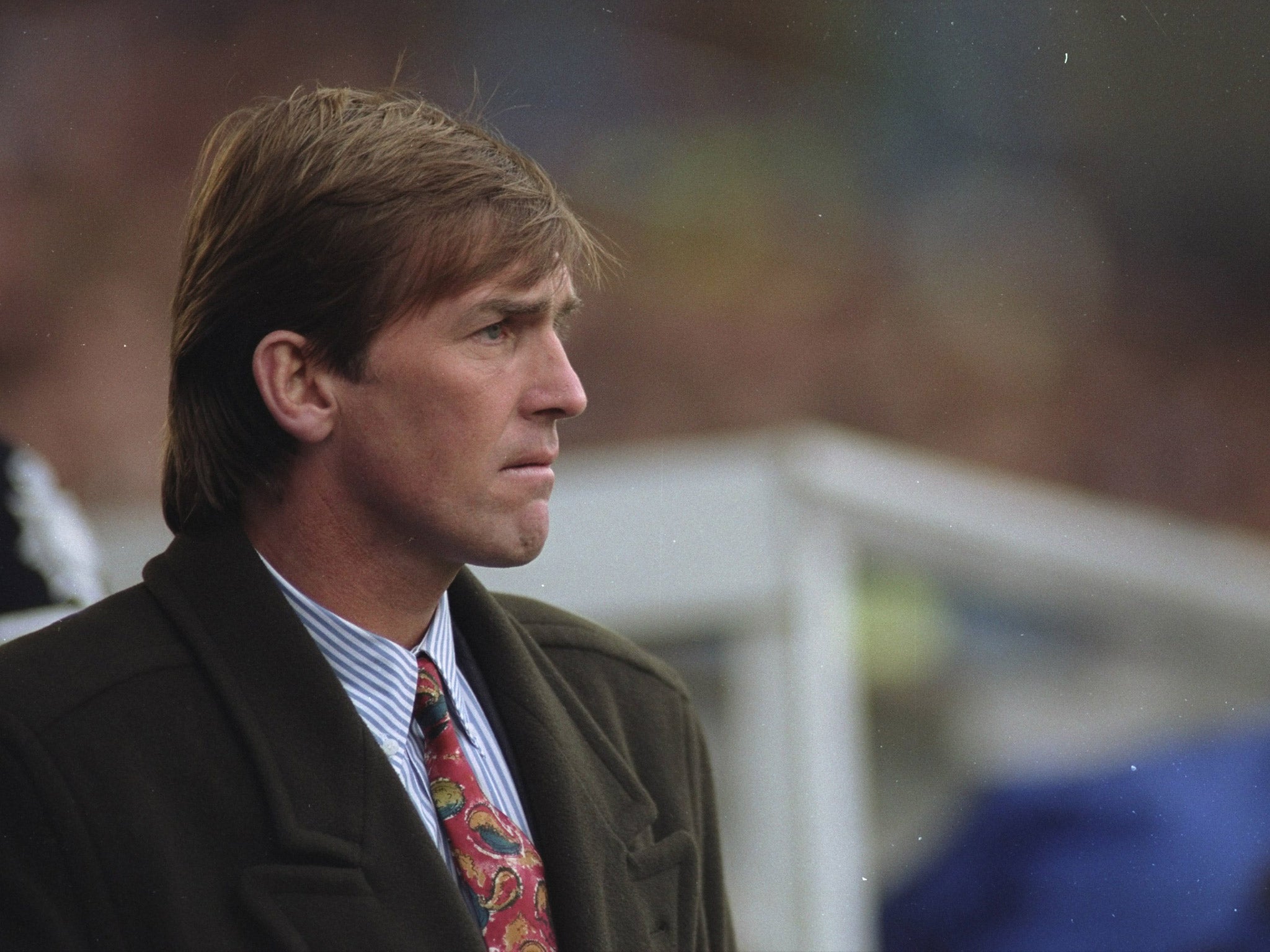
Dalglish was the game-changer, however, and from that point on, Blackburn’s trajectory was northwards, culminating in the Premier League title in 1995.
As Tony Parkes, the long-serving Blackburn stalwart, observed during the club’s remarkable rise, “I had to read the papers to find out who we were buying next.”
Yet in between 1991 and 1995, Walker and Blackburn produced the magic formula for glory which has since been copied virtually to the letter by Roman Abramovich at Chelsea and Sheikh Mansour bin Zayed al Nahyan at Manchester City – two clubs who were no threat to the elite until the money arrived.
Others have, of course, tried and failed to follow in Walker’s footsteps, but what Chelsea and City have done in recent years, Blackburn did 25 years ago.
The big-name manager, followed by the record-breaking signings – Blackburn broke the British transfer record twice in three years by recruiting Alan Shearer and Chris Sutton – and the lavish investment in stadium redevelopment and training ground building.
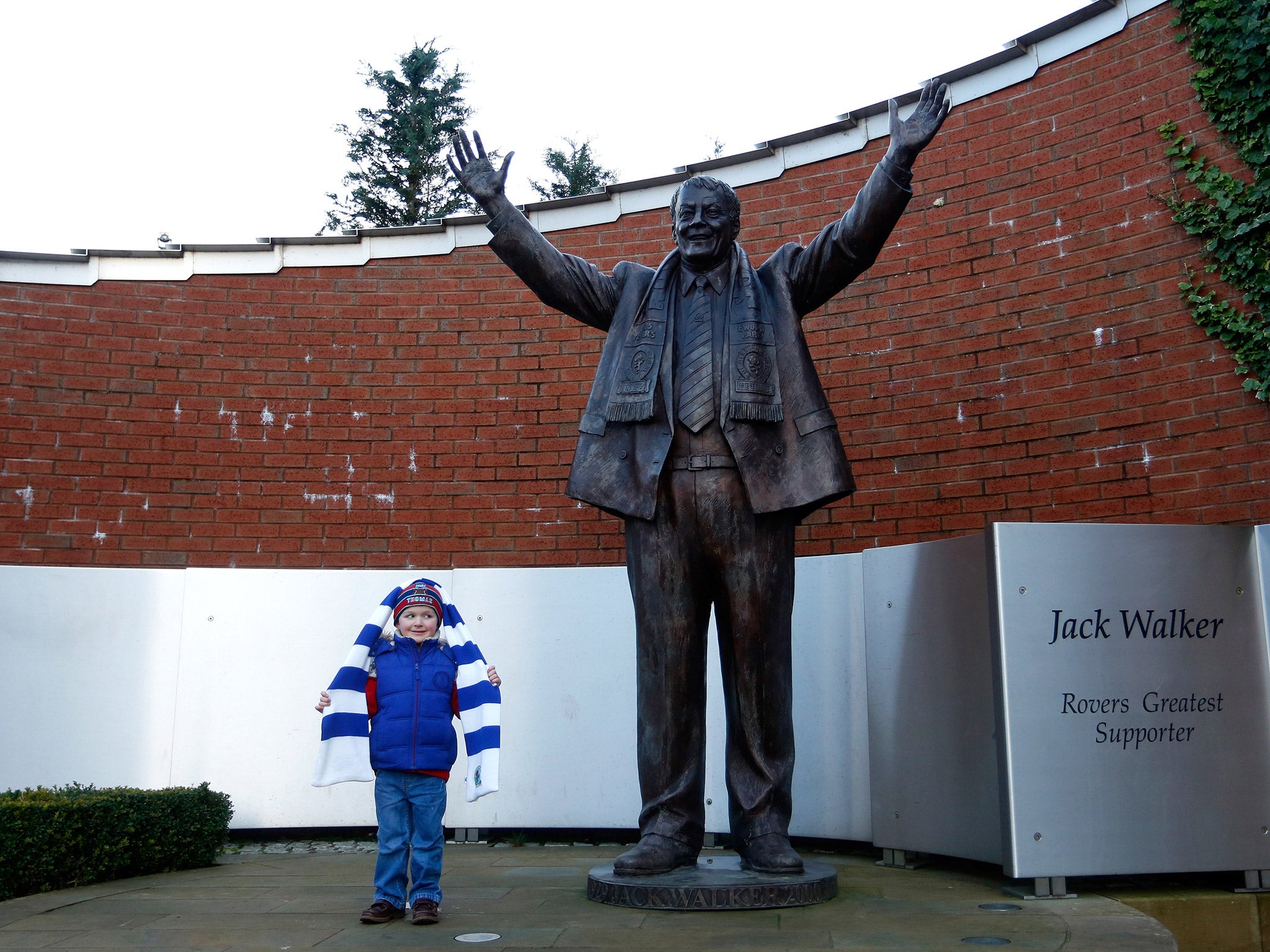
Ewood Park became one of the most modern and impressive arena in the Premier League in the mid-1990s having been transformed from the ramshackle, red-brick, pre-war ground it had become prior to Walker’s arrival.
And having shared their training ground with dog walkers during the days when Walker secretly funded the wages of Ossie Ardiles and Steve Archibald during the late-1980s, Blackburn became the first leading club to build a purpose-built 21st century training complex when Walker funded the construction of Brockhall Village in 1994.
Chelsea and Abramovich followed a decade later, with Jose Mourinho and Didier Drogba assuming the roles of Dalglish and Shearer, and the club’s state-of-the-art Cobham training ground built by their Russian owner’s investment.
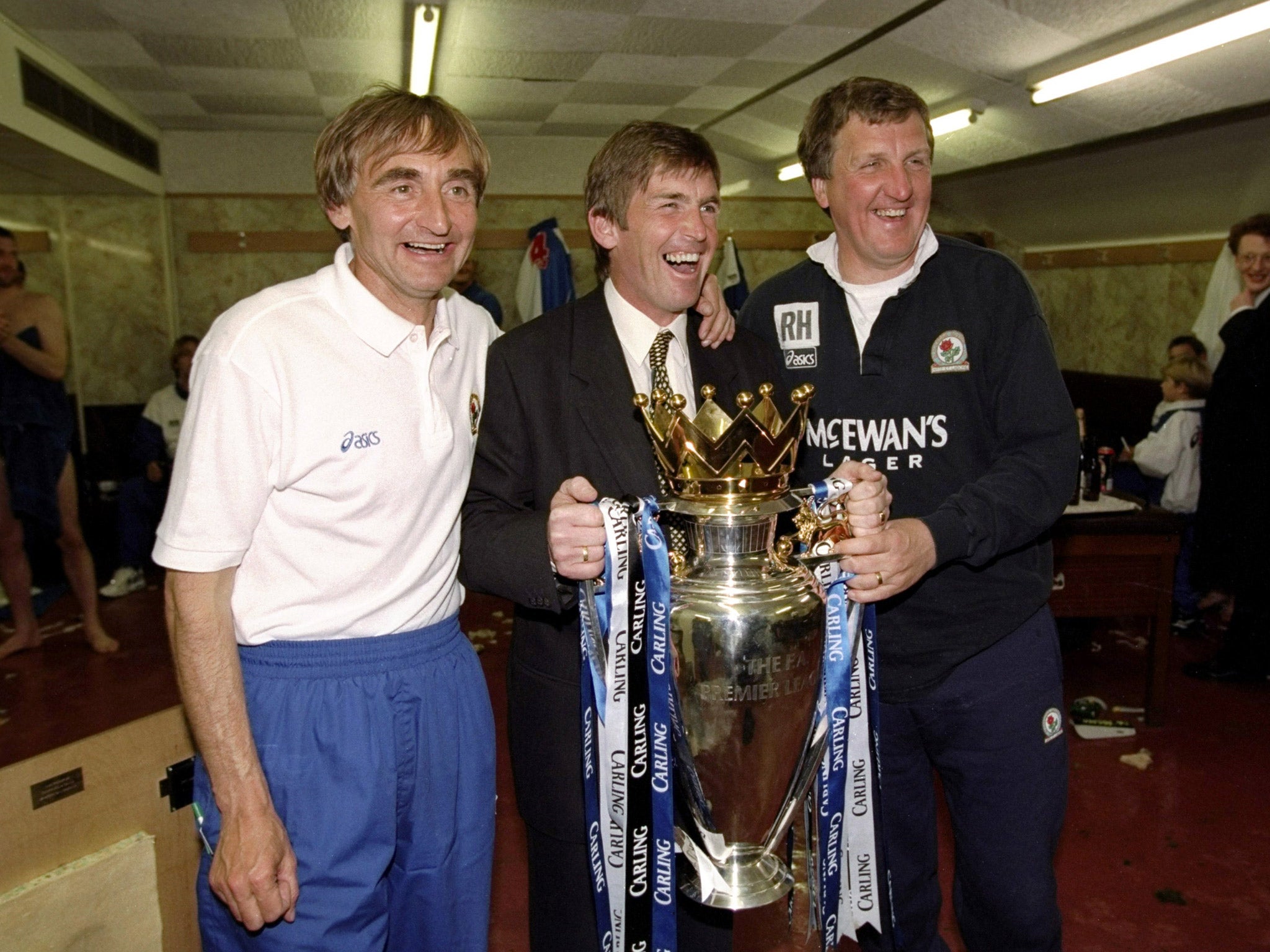
And at City, Robinho, Carlos Tevez and Roberto Mancini all played their parts in following the Blackburn blueprint – City even had their Lineker moment when trying and failing to sign AC Milan attacking midfielder Kaka – before Abu Dhabi money and foresight funded the redevelopment of the Etihad Stadium and construction of the incredible City Football Academy training complex.
Would Abramovich and Sheikh Mansour have turned their attention to the Premier League had Jack Walker not shown that an individual’s personal wealth could upset the established order?
When Howard Kendall was Blackburn manager in the 1980s, he was asked to reduce the amount of milk used in the players' tea and make sure his mail went second class, but Walker’s money lifted them from being an also-ran to the most feared club in the land.
Now, of course, Blackburn occupy the unenviable billing as one of the most ridiculed, with Indian owners Venky’s unpicking every strand of Walker’s legacy to leave the club on the brink of the oblivion of relegation to the third tier.
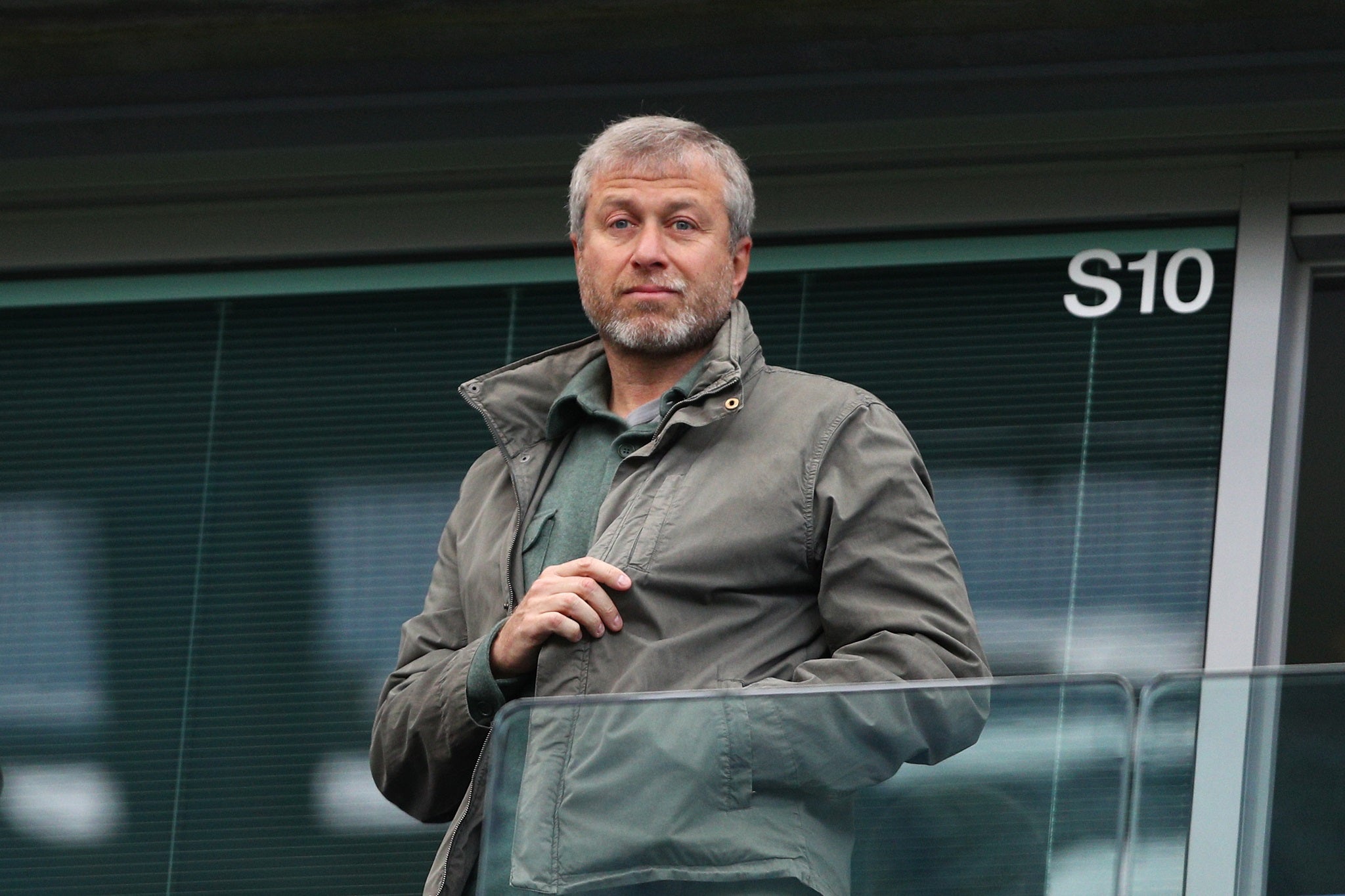
But Blackburn were once trailblazers and it started 25 years ago this week.
Whether it was all worth it, only Walker, who died in August 2000, could answer that, yet the game is now unrecognisable from that which he shook up with his footballing earthquake back in October 1991.
Credit to AFC Wimbledon, but it’s only half the story
It is some achievement by AFC Wimbledon to move above MK Dons in the football pyramid for the first time since being formed in June 2002 in the wake of Wimbledon FC’s relocation to Milton Keynes, but there are two success stories here and AFC Wimbledon is only half the story.
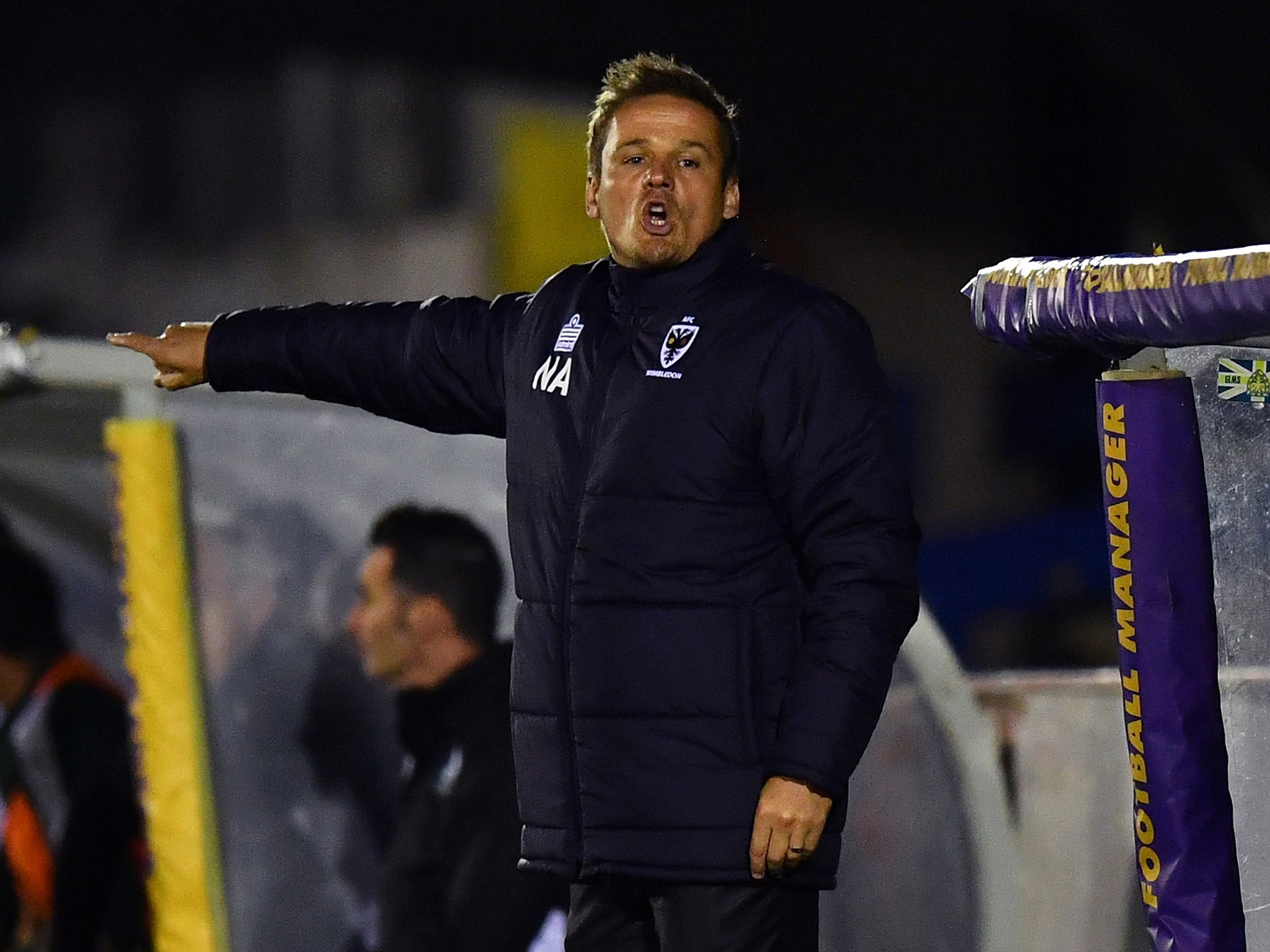
MK Dons may have upset the football community by consuming a club and re-forming as another, but in their 12 years, they have built a stunning stadium and climbed as high as the Championship before relegation back to League One.
In Karl Robinson, they have backed a bright young English manager, stuck by him after relegation, and developed a strong Academy, producing a talent as promising as Dele Alli.
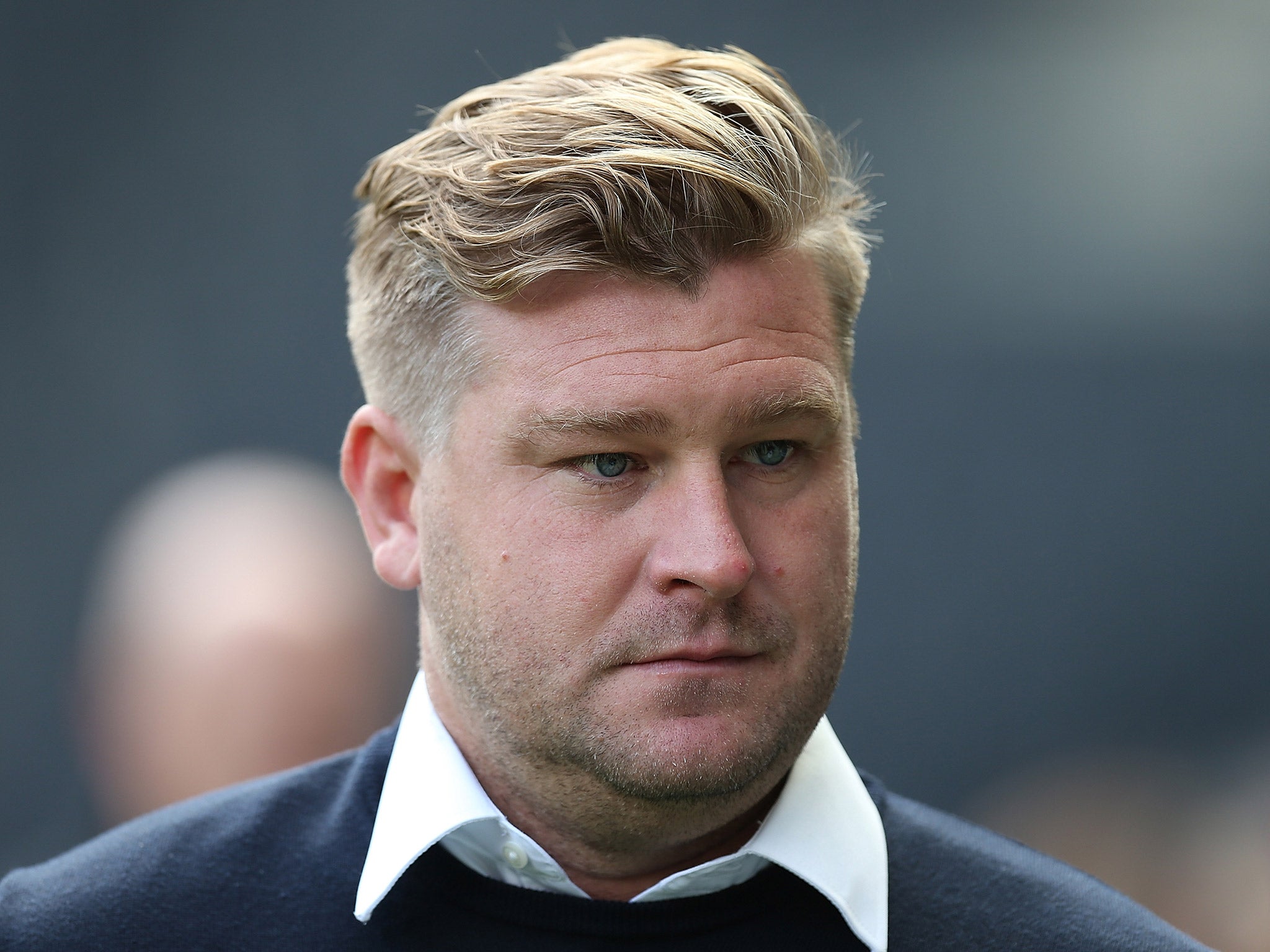
AFC Wimbledon deserve praise, but so do MK Dons, regardless of those who will never give them an ounce of credit.
Rooney remains United’s £65m problem – but Ferguson knew better
There is nothing quite like the passage of time when it comes to assessing the merits of a big decision and Sir Alex Ferguson’s belief that Wayne Rooney had passed his sell-by-date in the final months of the 2012-13 season now appears to have been incredibly prescient.
Ferguson had noted the player’s decline, the slowing of the limbs and his diminishing strike-rate, and had paved the way for Rooney to leave in the summer following his own retirement in May 2013.
David Moyes and Ed Woodward, the men who followed as United’s power-brokers, thought different, however, and fought tooth-and-nail to persuade Rooney to sign a five-year contract in 2014.
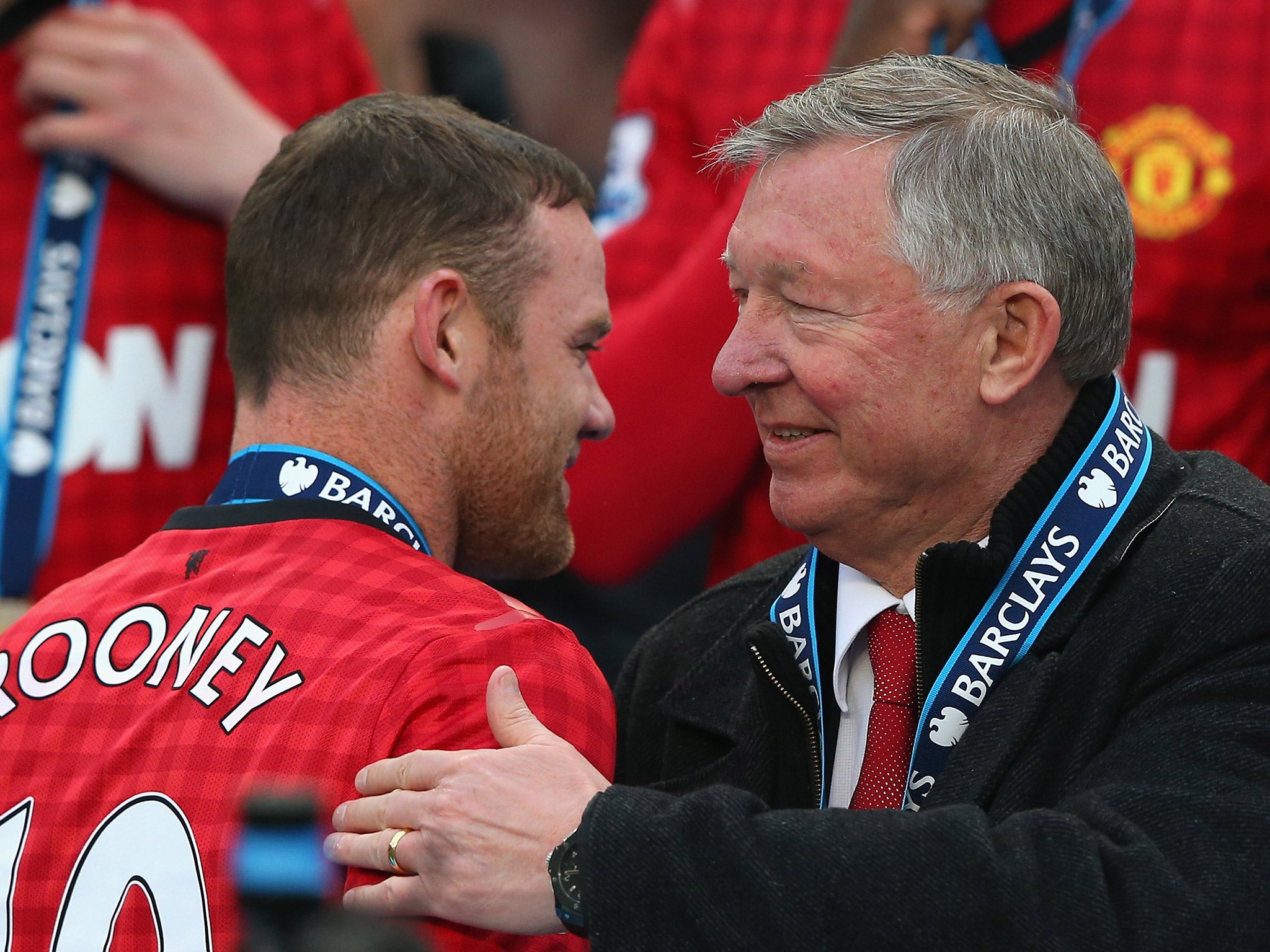
As it stands, Rooney’s £250,000-a-week wages will be on United’s payroll until June 30, 2019, which is an eye-watering prospect judging by his current form.
Ferguson saw the iceberg ahead, but Moyes and Woodward, for whatever reason, believed they knew better and United are now paying the price. Literally.
Join our commenting forum
Join thought-provoking conversations, follow other Independent readers and see their replies
Comments